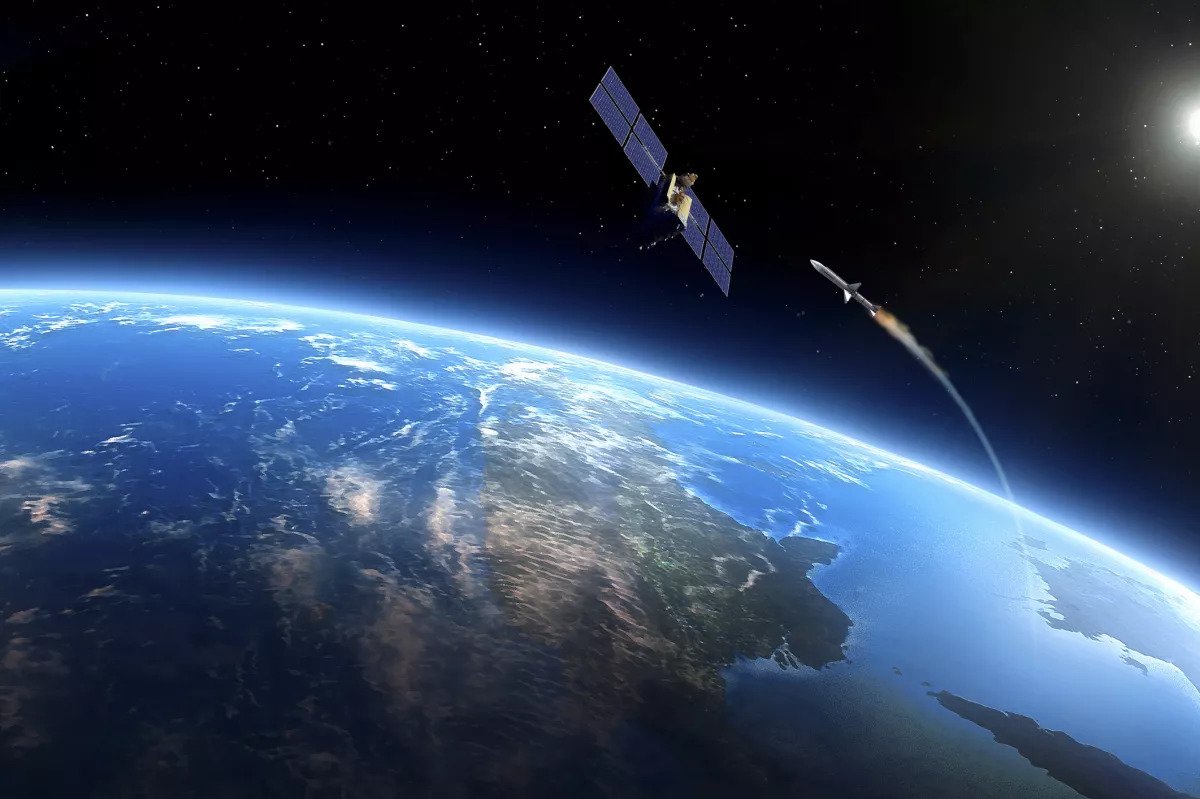Representatives of Germany and Japan, following the United States and Canada, announced their refusal to develop anti-satellite weapons. This makes a complete ban on missiles capable of hitting targets in orbit a real prospect.

Germany and Japan to abandon anti-satellite weapons
On Tuesday, September 12, at a meeting of the UN working group on space security, representatives of Japan made a statement that their country refuses to develop anti-satellite weapons. On September 13, they confirmed their position in a written statement. On the same day, Germany made a similar decision.
According to the representatives of these countries, their main interests lie in the field of stable and peaceful development of the orbital infrastructure. The struggle for military supremacy at the cost of creating danger for civilian infrastructure does not interest them at all.
We are talking about missiles that can be launched from the surface of the Earth or from an airplane and hit a target in orbit. Their use can cause a flurry of debris that will remain in orbit for a long time and can damage peaceful targets.
US Initiative
This initiative was started by the United States in response to the extremely dangerous tests of anti-satellite weapons conducted by Russia in November 2021. In April, the Vice President of the United States, Camila Garis, unilaterally announced the abandonment of missiles for the destruction of spacecraft.
Later, Canada and New Zealand joined the United States. And now Germany and Japan have made similar statements. At the same time, it should be understood that we are talking about destructive anti-satellite technologies. And the modern arsenal contains many ways to fight enemy satellites without their physical impression.
On the other hand, such statements are only a preparation for the adoption of a UN resolution on a complete ban on anti-satellite weapons. Its active opponents are China and Russia. Soon, a large-scale diplomatic confrontation may break out on this issue.
According to www.space.com
Follow us on Twitter to get the most interesting space news in time
https://twitter.com/ust_magazine

